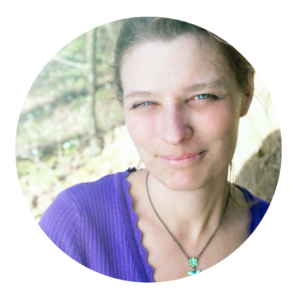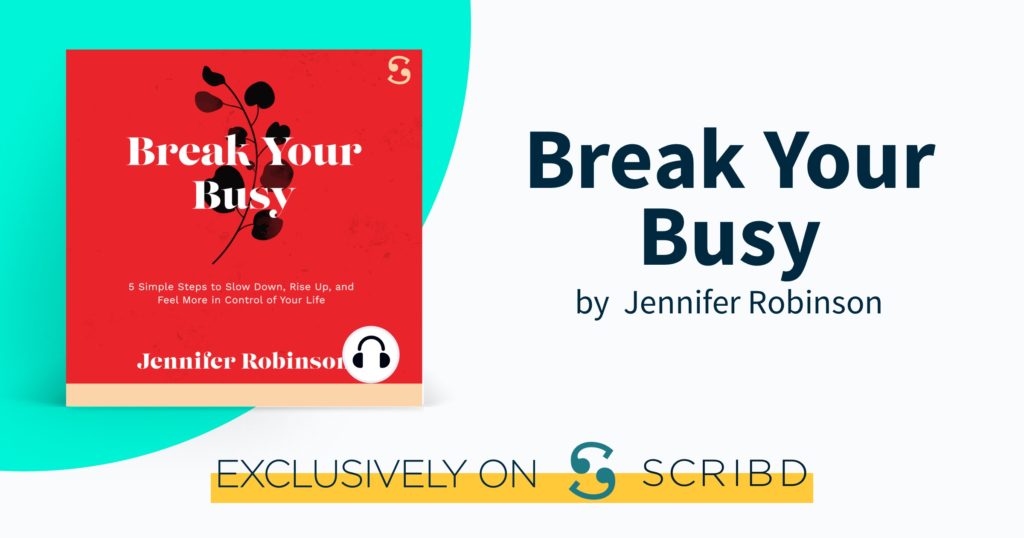Do you catch yourself not doing the things that you had planned to do? Or are you doing things that you didn’t want to do? Maybe you are wishing you could change your habits, or you’re frustrated by your lack of progress and as a result you are beating yourself up…. I want you to STOP.
Stop beating yourself up and instead learn how your brain is wired and how to rewire it.
Don’t have time to read? Listen to this info on the go on my podcast here.
We need to understand we can not make progress with self-criticism or beating ourselves up. Understanding why we’re doing what we’re doing – or often not doing what we said we’re going to do – is way more helpful.
I want to share with you what I learned about how our primitive brains are wired so you and I both can flip the script and make progress.
Both humans and animals have brains that focus on 3 simple motivations to increase the odds of survival, the motivational triad: avoid pain, seek pleasure, be efficient / conserve energy.
That means, if we want to change, if we want to make any progress, we have to overcome our primitive brain and do the opposite of what our survival instincts tell us to do. Simple – but not easy.
What exactly is the motivational triad?
Animals and humans were all designed with these three principle motivations, they increased the odds of our survival over time. These three motivations have made sure that we were fed, that we procreated, and they have helped us reduce and even avoid threats to our survival.
They are very important and do a lot of good for us, but in our modern world they can and do also keep us stuck. They are the reason why we have such a hard time changing our habits, or improving our life, and stepping out of our comfort zone.
1) Our brain seeks pleasure
mainly short-term pleasure, that’s why we eat that donut even though we want to lose weight, or we buy more stuff even though we have a house full of stuff already.
2) Our brains wants to avoids pain at all cost
any pain, even healthy growing pain, or healthy pain of not giving in to sugar cravings or feeling our negative emotions instead of doing retail-therapy (aka going shopping).
3) And our brains wants to be efficient
This is the biggie! Because change uses up a lot of energy and our brain wants to save energy, it tries to avoid any change in order to be efficient. By staying with the familiar and established habits, the automated habits, the auto-pilot, we don’t need any extra effort or extra energy.
Of course, decluttering, moving from chaos to peace, from a cluttered, messy, unsupportive environment to a clean, clutter-free and supportive environment needs a lot of thinking and some effort at first. You need to change your habits which use a lot of energy, ergo
Your brain will fight you
Your brain will not understand what you are trying to do and will fight you every step of the way because taking action and for example clearing your clutter will bring up
- new experiences: very inefficient and scary for the brain
- possible failures: we could throw out something and then regret it for example which is scary, our brain wants to protect us from failure
- confusion: you wonder if you want to keep an item or letting it go,
- fear and doubt: worrying that we will need the item in the future, worrying we might regret the decision or letting it go
In addition, your primitive brain will always go to the past to find an answer, and chances are you’ve not been successful in letting go of clutter and getting organized, so your primitive brain finds evidence of danger and inefficiency and therefore is freaking out telling you that you can’t do it.
But here is the good news:
You can take control of your brain
But we also have a part of our brain, the prefrontal cortex, that we can train to manage our primitive brain. Not by beating ourselves up but like a loving parent that helps their child through a temper tantrum and to do the right things.
Remember, right now, the brain’s default is
- seek pleasure, i.e. go shopping for more stuff
- avoid pain, i.e. no letting go of stuff
- expend as little energy and effort as possible i.e. stay in autopilot and do nothing
So how do we flip the script of the existing motivational triad? With Intention.
1) Instead of seeking pleasure you need to intentionally go for discomfort.
What does this look like? Start choosing what you want in the long term over the pleasure you could experience in the short term.
For example: give up the immediate pleasure of lets say watching Netflix and do a 10-15 minute session of decluttering so that you can experience long-term pleasure in a clutter-free home. Remember, expect your brain to complain, to wine, to prefer you don’t do it but get ready to choose discomfort on purpose and do it anyway.
2) Instead of avoiding pain you need to open up to it.
Our primitive brain associates fear with danger. It genuinely is just trying to keep us safe. But there is no real danger from decluttering and letting go of things. We might be afraid of the sentimental feelings that come up when decluttering, we are trying to avoid them, and stuff those feelings down. What you need to do is to go ahead anyway, to be willing to feel those emotions and free yourself from the physical, mental and emotional clutter that holds you back. (A clutter clearing coach like me can be very helpful in this process).
3) Instead of trying to be so efficient you need to recognize the value that comes from making an effort to live with intention.
Our brains are capable of change; new thoughts, new feelings, new action patterns. We don’t have to just keep recreating the things and experiences from our past.
To do that we have to stop defining ourselves by who we were in the past, by those outdated thoughts and limiting beliefs – hello mental clutter – that aren’t serving us anymore. This is hard work, this is not efficient in the beginning and needs lots of energy, but we can do it.
Create and focus on a strong vision of how you want your environment to be, what a supportive environment means to you, what organized means to you and most importantly, how good it would feel, how much calmer and at peace you would be and how much more productive and efficient you could do your work in your life and business
So, here’s my challenge to you: start flipping the script of this motivational triad by seeking discomfort on purpose and start taking action because the life you truly want is on the other side of all that clutter.
Don’t just read this blog, go take action, start today, start right now, and create space, calm and ease in a few minutes a day. Start with my Principles not Rules
All it takes is: A few minutes a day…

CONNY GRAF
Conny Graf is a Swiss certified Expert in Finance & Accounting, a certified Clutter Clearing Practitioner, Astrologer, Coach, Podcaster and the founder and owner of From Chaos to Peace Consulting Inc.
She’s helping people create supportive, clutter-free environments in their home, office, files, and finances but more importantly, she helps them develop habits and systems that prevent clutter from creeping back in. Clutter Clearing is not just about purging and organizing, it’s about exploring and releasing the limiting beliefs we tell ourselves and the stories that keep us stuck in the past. Dealing with clutter brings us up-to-date with who we are right now and where we are heading in your life and business while being organized is simply a side-effect.
Her mission is to help people understand that decluttering is self-love, and a few minutes a day keep the clutter away. Come on a journey from chaos to peace with ease.
▪ WEBSITE ▪ INSTAGRAM ▪ FACEBOOK ▪ LINKED IN ▪ YOUTUBE ▪ PINTEREST ▪ THE PODCAST▪



